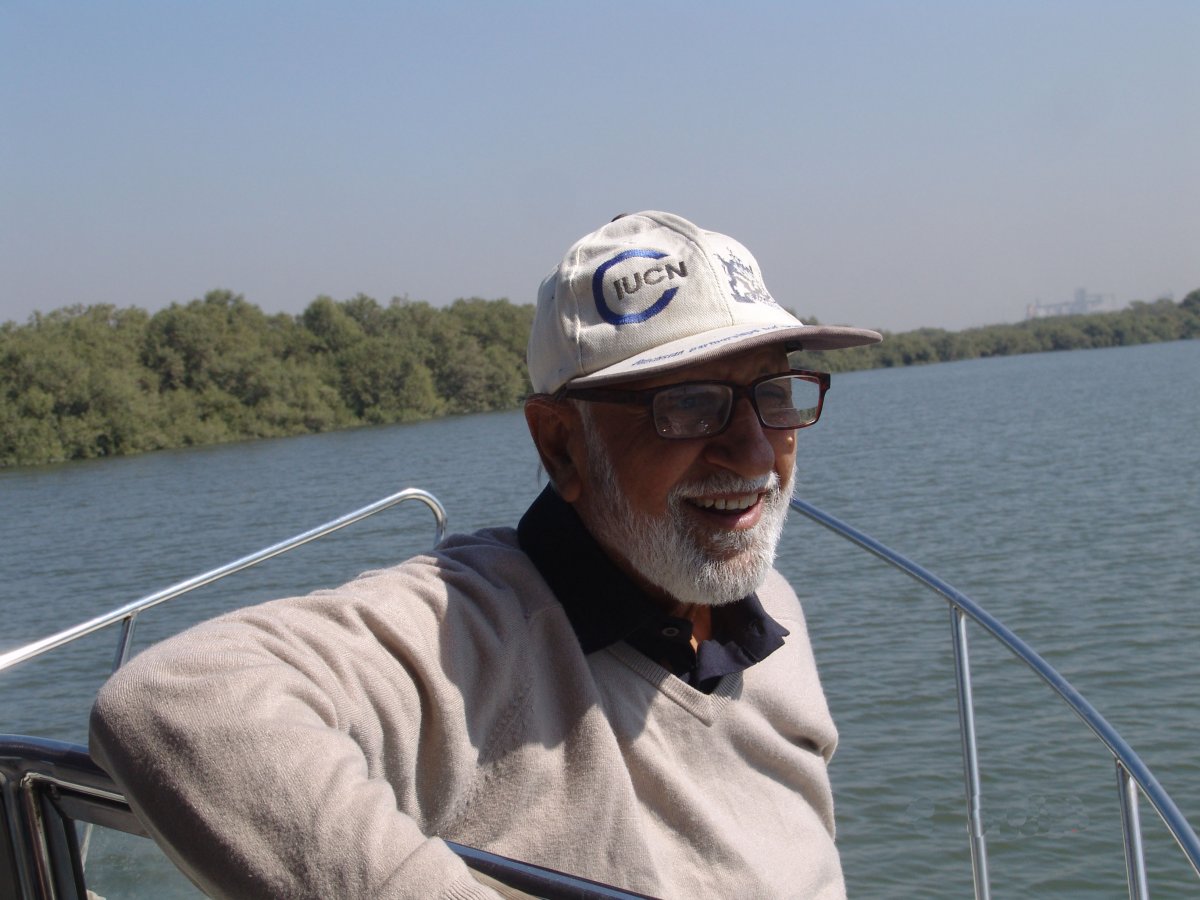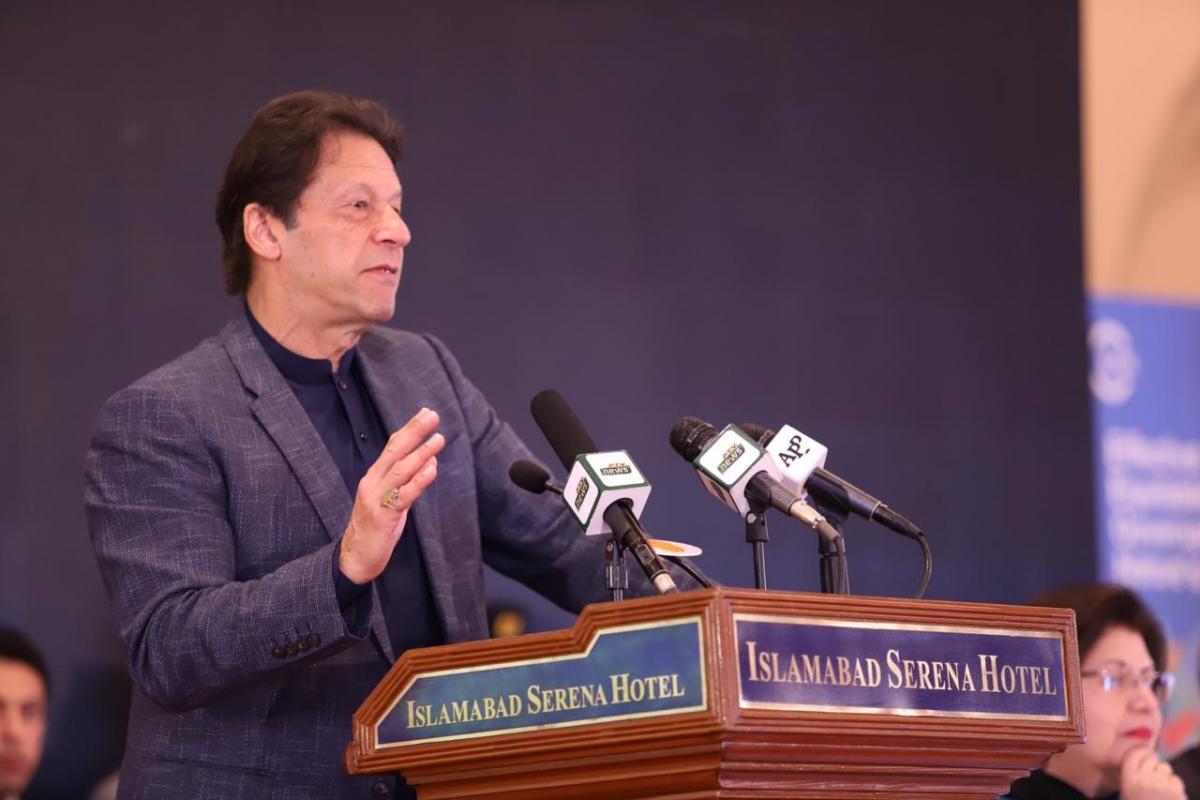ASSIB Mid-term review workshop highlights progress - Collaboration with rural and coastal communities is the key to how Pakistan can live with its salinity say experts
How best to enable communities to adapt to salinity affecting Pakistan’s coastal and irrigated agriculture areas was the focus of a workshop in Karachi recently, organised at the mid-term point of the ongoing Adapting to Salinity in the Southern Indus Basin (ASSIB) project, funded by the Australian government through its Australian Centre for International Agricultural Research (ACIAR).
The workshop was attended by representatives from project partners, including Charles Sturt University (CSU), Australia, International Center for Biosaline Agriculture (ICBA), UAE, and from Pakistan: International Union for the Conservation of Nature (IUCN), Mehran University of Engineering and Technology (MUET), Muhammad Nawaz Sharif University of Agriculture, Multan (MNSUAM), and Society of Facilitators and Trainers (SOFT). Other collaborators present were from Pakistan Council of Research in Water Resources (PCRWR), Sindh Agriculture University Tandojam (SAU), Sindh Agriculture Department, Sindh Irrigation and Drainage Authority (SIDA), and Pakistan Agriculture Research Council’s Arid Zone Research Institute in Bahawalpur. Additional Australian project partner representatives also joined online.
The ASSIB project is researching salinity adaptation options and strategies with people managing and living in salinity affected landscapes. “Drawing on expertise from university researchers, committed non-government organisations and relevant government extension staff, communities from eight selected case study sites have taken the lead in identifying adaptation options and strategies to be investigated, using best practice methods of rural research engagement and farmer to farmer learning,” explained Dr. Michael Mitchell, Research Fellow at CSU’s Gulbali Institute.
Dr Mitchell emphasised that the project was seeking to counter a long tradition of top-down approaches to research and agricultural extension in Pakistan – implementing an approach that relies on co-generation of knowledge with affected communities for living with salinity. “The case study sites include fishing- and farming-focused villages in coastal areas of Thatta, several irrigation dependent farming communities in Sindh and southern Punjab, and a mixed agriculture and aquaculture community at Muzaffargarh. These local level efforts are supported by regional and basin-wide investigations into trends driving the presence of salinity across the landscape, including future scenarios, and to monitor and model groundwater and salinity dynamics for coastal Sindh and southern Punjab.”
Dr Mitchell also noted that, over the past few months, higher level policy and funding decision makers have been engaged through a series of workshops, including two workshops in response to a hard-hitting policy review report by PCRWR for the project. PCRWR’s report recommendations address three key gaps in salinity policy: (1) the lack of a long-term salinity management strategy; (2) lack of collaboration among organisations working on salinity issues, and no consolidation of data so acquired; and (3) inadequate farmer engagement. These recommendations have received broad endorsement.
Dr. Munawar Raza Kazmi, Country Manager ACIAR Pakistan, highlighted ACIAR’s history in Pakistan and shared some of the major achievements. “ACIAR has supported a program of research collaboration with Pakistan since 1986, when its first project also brought Australian experience related to salinity management to Pakistan. Recent projects have focused on Pakistan’s key fruit crops (mangoes and citrus), livestock (smallholder dairy), agricultural policy, and agricultural water management. ACIAR works closely with the Government of Pakistan, the Department of Foreign Affairs and Trade (DFAT), other donor partners, non-government organisations (NGOs) and the Pakistani private sector to co-design research and development (R&D) projects that provide technical and community capacity building,” he noted.
Present on the occasion, Dr Bakhshal Khan Lashari, ASSIB’s National Project Coordinator based at MUET, said the project is engaging a broad network of professionals to develop a series of future project proposals to ensure a longer-term “living with salinity” program is in place by the project’s end. The outcomes of the workshop attracted high level support from national and international agencies who expressed their support for the development of such a longer-term agenda.
For more information, please contact:
George Sadiq
Programme Officer
Education, Communication and Outreach
Cell: 0303-3332127
E-mail: george.sadiq@iucn.org



